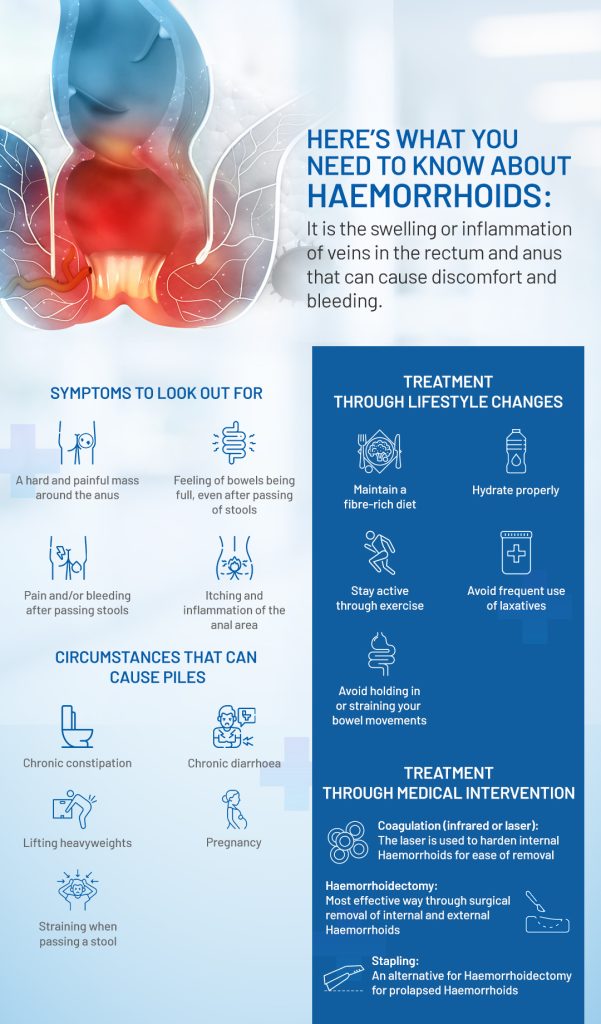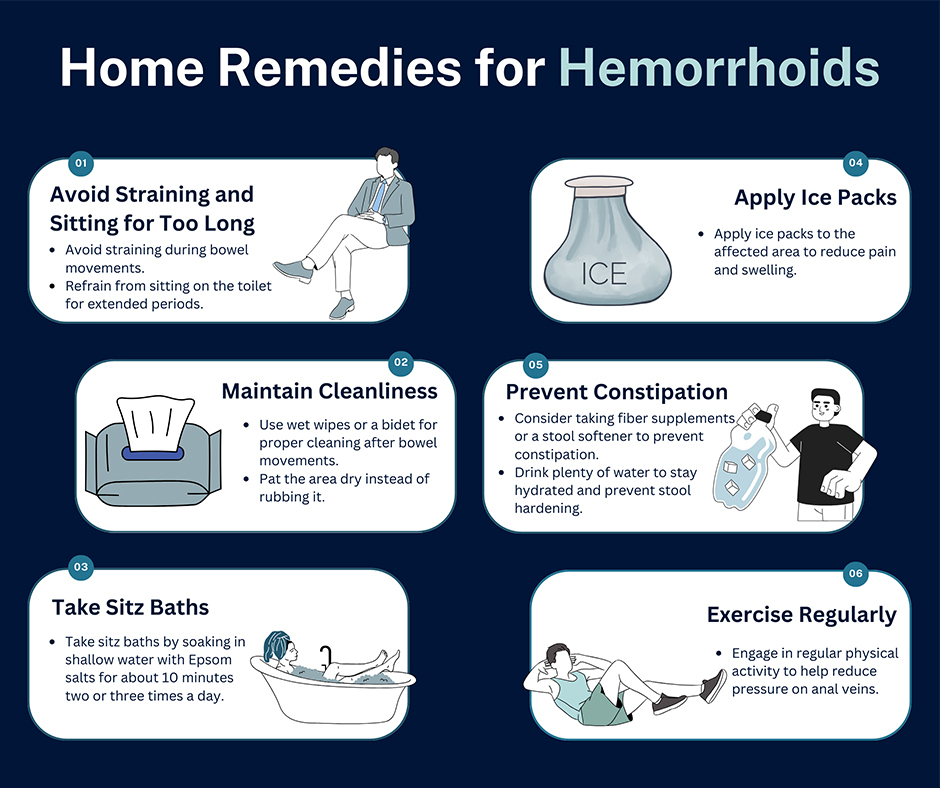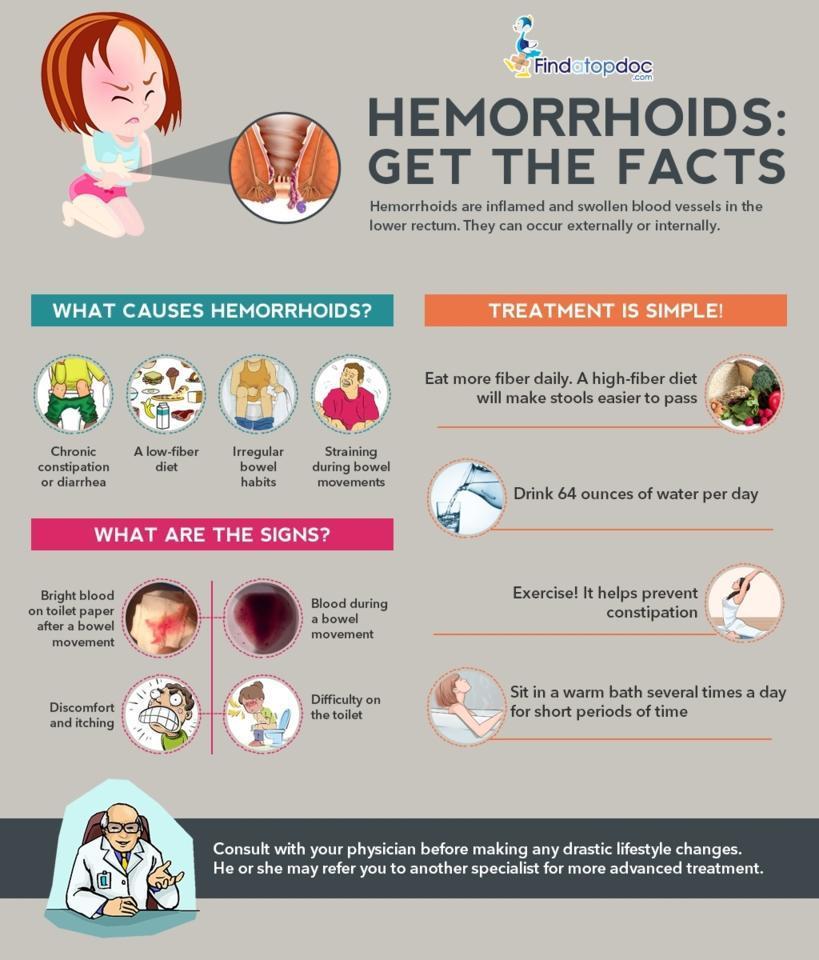Discover the surprising natural remedies and lifestyle changes that can bring relief to the discomfort of hemorrhoid pain today!
Table of Contents
- Fighting the Pain: Simple Treatments at Home
- When to See a Doctor: Recognizing Severe Cases
- Lifestyle Changes to Alleviate Pain
- Over-the-Counter Help: Medicines and Creams
- Not Just for Hemorrhoids: Related Health Tips
- Physical Activities and Hemorrhoid Pain
- The Long Game: Preventing Future Pain
- When to Turn to Surgery
- Recap: Staying Comfortable and Hemorrhoid-Free
- Frequently Asked Questions (FAQs)
Defining Hemorrhoids
Hemorrhoids are swollen blood vessels that develop in the lower part of the rectum or around the anus. They can cause discomfort and pain, especially during bowel movements.
Types of Hemorrhoids
There are two main types of hemorrhoids – internal and external. Internal hemorrhoids are inside the rectum and usually go unnoticed. External hemorrhoids form on the skin around the anus and can be felt as lumps.
Fighting the Pain: Simple Treatments at Home
Increasing Fiber Intake
One of the simplest ways to ease hemorrhoid pain at home is by increasing your fiber intake. Fiber helps to soften your stool, making it easier to pass without straining. Foods like fruits, vegetables, whole grains, and legumes are excellent sources of fiber. By including these in your diet, you can reduce the discomfort caused by hemorrhoids.
Warm Baths for Comfort
Another effective home remedy for hemorrhoid pain is taking warm baths. Sitting in a tub of warm water for about 15-20 minutes a few times a day can help soothe the itching and pain associated with hemorrhoids. The warm water helps to relax the muscles around your anus, providing relief from the discomfort.
When to See a Doctor: Recognizing Severe Cases
Hemorrhoids can sometimes be more than just a pain in the backside. If you have high blood pressure along with hemorrhoids, it could make things worse. High blood pressure can lead to increased pressure in the veins around your rectum, exacerbating hemorrhoid symptoms. If you notice that your high blood pressure seems to be impacting your hemorrhoids, it may be time to seek medical help.
Lower Back Pain: Is It Related?
Feeling lower back pain in addition to hemorrhoid discomfort? While lower back pain and hemorrhoids may not seem directly connected, they can be related. Straining during bowel movements due to constipation or other factors can put pressure on your lower back and aggravate existing conditions like hemorrhoids. If you experience persistent lower back pain alongside your hemorrhoids, it’s essential to consult a doctor to address any underlying issues.
Lifestyle Changes to Alleviate Pain
To alleviate and prevent worsening of hemorrhoid pain, it’s essential to focus on your diet. Eating foods that are high in fiber can make a significant difference. Fiber helps make your bowel movements smoother and less straining, which can reduce irritation to hemorrhoids. Include foods like fruits, vegetables, whole grains, and legumes in your meals to keep your digestive system healthy and happy.

Image courtesy of www.addmoretolives.com via Google Images
Regular Exercise
Exercise plays a crucial role in maintaining overall health and can also help alleviate hemorrhoid pain. Engaging in gentle exercises such as walking, swimming, or yoga can improve blood circulation and prevent constipation, which can aggravate hemorrhoids. Remember to listen to your body and avoid high-impact activities that may put strain on the affected area.
Over-the-Counter Help: Medicines and Creams
When dealing with hemorrhoid discomfort, over-the-counter creams and ointments can be your best friends. These products are designed to help reduce pain and swelling, providing much-needed relief. By gently applying these creams to the affected area, you can soothe the irritation and help your hemorrhoids heal faster.
Medicated Pads and Wipes
Another option for easing hemorrhoid pain is using medicated pads and wipes. These products are convenient and easy to use, offering a cooling sensation that can alleviate discomfort. Medicated pads can be applied directly to the affected area after bathroom use, providing relief and cleanliness. Wipes are gentle and can help cleanse the area without causing further irritation.
In conclusion, over-the-counter medications like creams, ointments, pads, and wipes can play a vital role in managing hemorrhoid pain. By incorporating these products into your treatment plan, you can find comfort and relief from the symptoms of hemorrhoids. Remember to always read and follow the instructions provided with these products for the best results.
Not Just for Hemorrhoids: Related Health Tips
While taking care of your hemorrhoids is essential, there are other health tips that can benefit your overall well-being and potentially reduce the discomfort associated with hemorrhoids. Let’s explore some of these tips that focus on managing acid reflux and sore throat remedies that can also support your hemorrhoid management:

Image courtesy of www.downtownveinvascular.com via Google Images
Managing Acid Reflux
If you experience acid reflux, it’s crucial to make some lifestyle changes that can help alleviate this issue. You can start by avoiding acidic and spicy foods, as they can worsen acid reflux symptoms. Eating smaller meals more frequently instead of large ones can also ease the burden on your digestive system. Additionally, try not to lie down immediately after eating, and elevate your head while sleeping to prevent acid from creeping up your esophagus. By managing your acid reflux, you can indirectly support your hemorrhoid treatment by reducing the strain on your digestive system.
Sore Throat and Digestion
When you have a sore throat, it’s essential to stay hydrated by drinking plenty of fluids like water, herbal teas, or warm broth. Gargling salt water can also help soothe your throat. Moreover, avoid foods that are rough or hard to swallow, as they can exacerbate throat discomfort. By taking care of your sore throat, you can prevent unnecessary straining during swallowing, which can contribute to the development or worsening of hemorrhoids. Remember, a healthy throat can mean a healthier digestion system and potentially less discomfort from hemorrhoids.
Physical Activities and Hemorrhoid Pain
When dealing with hemorrhoid pain, it’s essential to understand how certain physical activities can either alleviate or exacerbate your symptoms. Let’s delve into how different exercises and movements can impact your hemorrhoids and what you can do to manage the pain.
Safe Exercises
If you’re experiencing hemorrhoid pain, gentle exercises can actually help in relieving discomfort. Activities like walking, swimming, or yoga can improve blood circulation, reduce constipation, and strengthen the muscles in your pelvic area. These low-impact exercises are generally safe and effective for managing hemorrhoids without putting excessive strain on your body.
| Treatment | Description |
|---|---|
| Over-the-counter Creams | Topical creams containing hydrocortisone or witch hazel can help reduce inflammation and alleviate pain. |
| Sitz Baths | Soaking in warm water for 10-15 minutes several times a day can help soothe hemorrhoid pain and reduce swelling. |
| Dietary Changes | Including more fiber-rich foods in your diet and staying hydrated can help prevent constipation, which can worsen hemorrhoid pain. |
| Topical Anesthetics | Products containing lidocaine can provide temporary relief from hemorrhoid pain and itching. |
| Ice Packs | Applying ice packs to the affected area for 15-20 minutes at a time can help numb the pain and reduce inflammation. |
Activities to Avoid
On the other hand, there are certain physical activities that you should steer clear of if you have hemorrhoids. High-impact exercises such as weightlifting, cycling, or intense aerobics can increase pressure in the rectal area and worsen your symptoms. Additionally, activities that involve heavy lifting or straining should be avoided as they can lead to more significant discomfort.
The Long Game: Preventing Future Pain
One of the best ways to prevent future hemorrhoid pain is by paying attention to your diet. Eating foods high in fiber, like fruits, vegetables, and whole grains, can help keep your digestive system running smoothly. Fiber helps soften your stool, making it easier to pass without straining, which can aggravate hemorrhoids. So next time you reach for a snack, think about choosing an apple or some whole-grain crackers to keep your digestion on track.
Image courtesy of gi.md via Google Images
Managing Blood Pressure
Believe it or not, keeping your blood pressure under control can also play a role in preventing hemorrhoid pain in the future. High blood pressure can put extra strain on blood vessels throughout your body, including those in the rectal area where hemorrhoids form. By watching your salt intake, staying active, and managing stress, you can help reduce your risk of developing or worsening hemorrhoids. So take a deep breath, go for a walk, and keep your blood pressure in check to stay comfortable and hemorrhoid-free!
When to Turn to Surgery
When home remedies and non-invasive treatments fail to provide relief, surgery may be necessary to alleviate severe hemorrhoid pain. There are different types of surgeries available depending on the severity of the condition.
One common surgical procedure for hemorrhoids is hemorrhoidectomy, which involves removing the swollen veins in and around the anus. Another option is stapled hemorrhoidopexy, where a surgeon uses a special stapling device to block blood flow to the hemorrhoidal tissue.
Recovery and Care
After undergoing hemorrhoid surgery, it is essential to follow the post-operative care instructions provided by your healthcare provider. Recovery time can vary depending on the type of surgery performed.
During the recovery period, it’s important to keep the surgical area clean and dry to prevent infection. Your doctor may recommend pain medication and stool softeners to make bowel movements more comfortable. It is crucial to avoid straining during bowel movements to aid in the healing process.
Recap: Staying Comfortable and Hemorrhoid-Free
Throughout this blog post, we have explored various ways to ease hemorrhoid pain and stay comfortable. By understanding what hemorrhoids are, recognizing their symptoms, and taking proactive steps, you can manage or even prevent flare-ups. Let’s recap the key points to ensure you remember how to keep hemorrhoid pain at bay.

Image courtesy of www.findatopdoc.com via Google Images
Hemorrhoid Treatment: It’s important to know that there are simple treatments you can do at home to alleviate hemorrhoid pain. These can include increasing your fiber intake and using over-the-counter creams and ointments for relief.
High Blood Pressure and Hemorrhoids: Keeping your blood pressure under control can help prevent hemorrhoid flare-ups. It’s essential to manage your overall health to support your body in fighting discomfort.
Fiber Intake: Eating foods rich in fiber can improve your digestion and make bowel movements easier, reducing strain on your anal area and preventing hemorrhoids from worsening.
By incorporating these lifestyle changes, proper diet and exercise, and seeking medical attention when needed, you can stay comfortable and hemorrhoid-free. Remember, your overall well-being and health play a crucial role in managing hemorrhoid pain.
Frequently Asked Questions (FAQs)
What are hemorrhoids?
Hemorrhoids are swollen blood vessels in the rectum or anus that can cause discomfort, itching, and sometimes bleeding. They can be internal inside the rectum or external around the anus.
How can I stop my hemorrhoids from hurting at home?
To ease hemorrhoid pain at home, you can try increasing your fiber intake by eating more fruits, vegetables, and whole grains. You can also take warm baths to help soothe the pain and discomfort.
When should I tell my parents to take me to the doctor for my hemorrhoids?
If you experience severe pain, bleeding, or if your hemorrhoids don’t improve with home remedies, it’s essential to talk to your parents and see a doctor. They can provide you with the right treatment and advice.
Can what I eat help my hemorrhoids?
Yes, eating a diet high in fiber can help prevent constipation and straining during bowel movements, which can aggravate hemorrhoids. Drinking plenty of water and avoiding processed foods can also support overall digestive health.
Will I need surgery for hemorrhoids?
In most cases, hemorrhoids can be managed with lifestyle changes, over-the-counter medications, and home remedies. However, if conservative treatments don’t work, your doctor might recommend surgery as a last resort. It’s essential to follow your doctor’s advice for the best course of action.




